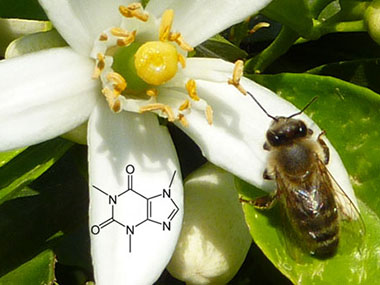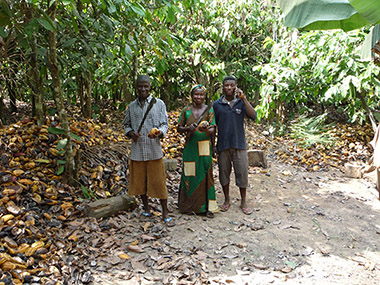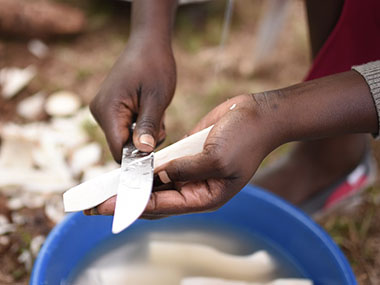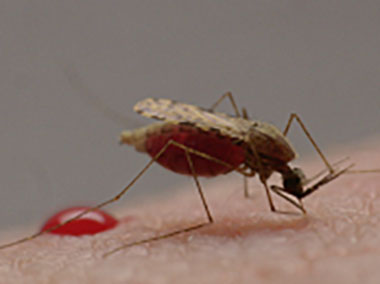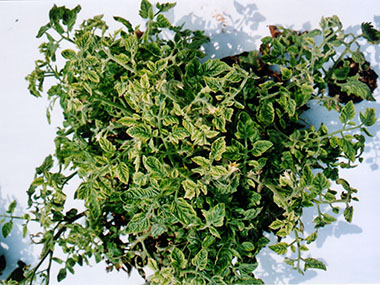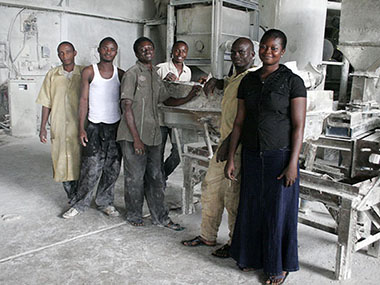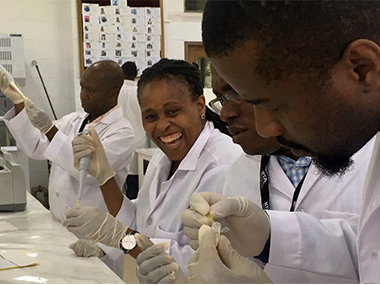Consultancy
In addition to our work in research, teaching and training, NRI is often called on to undertake consultancies and to provide other technical and management service.
Our current work in this area ranges from management of large, multi-year, donor funded projects to shorter, specialised studies. NRI also works at all stages of the donor project cycle, including identification, preparation, implementation and evaluation.
Current examples of our consultancy work include:
- Management of a four-year project to develop the renewable natural products sector in Namibia
- Evaluation of donor support to Rwanda
- Design of a South-South agriculture and aquaculture development programme
- Support to building food inspection services in African, Caribbean and Pacific countries
- Production of pheromone lures
- Improving storage of fresh fruit and vegetables
- Professional witnessing and survey
NRI works with a wide range of clients both in the public and private sector. We are currently undertaking work for The World Bank, DFID, COFFEY International, The EC, The Millennium Challenge Account, The Gatsby Foundation, Send a Cow, Belgian Aid, The NEPAD Agency, AGRA and other private sector companies.
For further information on the services we can provide, please contact John Linton or Liz Millar on j.linton@gre.ac.uk or e.m.millar@gre.ac.uk.
Although our consultancy work is generally undertaken by our own staff, we do work with associates from time to time. If you are interested in being included on our roster of service providers please contact Liz or John at the above addresses.


